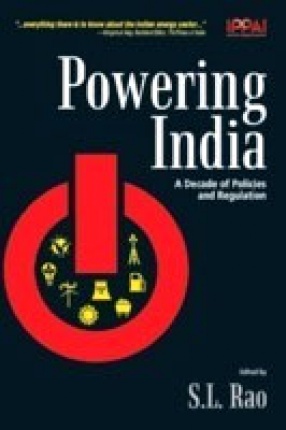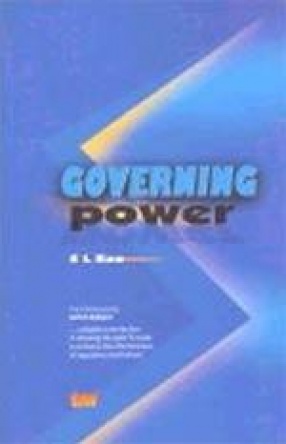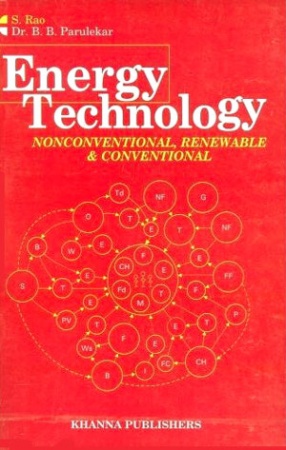Powering India: A Decade of Policies and Regulation
Rapid capacity additions and improved efficiencies in electricity generation, transmission and distribution, are still absent or inadequate. The Electricity Act, 2003 introduced concepts not formally recognised earlier competition in electricity, safeguarding consumer interests, encouraging investment, captive generation, merchant power, electricity trading, electricity exchanges and markets, consumer choice, open access to transmission and distribution wires, tariff-based bidding and independent Central and state regulatory commissions. Measures were also introduced to promote larger capacity generation, guarantee coal availability and encourage renewable energy. This volume helps to improve understanding of the ways in which these ideas were implemented and can be used.
The contributions by experts examine the developments in the power sector in India in recent years. The papers presented at conferences throw light on the nature of reforms undertaken in the power sector, ways of getting independent regulation to work effectively, the concerns of power producers and promoting competition and consumer choice in the sector. Beginning with an overview of the role of independent regulation in the sector and the regulatory framework among the other topics, the papers take up issues and challenges with respect to nuclear energy, renewable energy, coal and gas. They delve into functioning of electricity exchanges and markets and need for coordination in energy regulation.
This is an study of policies and regulations by which policy makers and decision makers in Government, regulatories bodies and Industry helps in development of Indias’ economic growth.It icludes the study of Electricity Act 2003, introduced concepts not formally regognised earlier- competition in electricity, safeguarding consumer interests, encouraging investement, merchant power etc.
Get it now and save 10%
BECOME A MEMBER









Bibliographic information